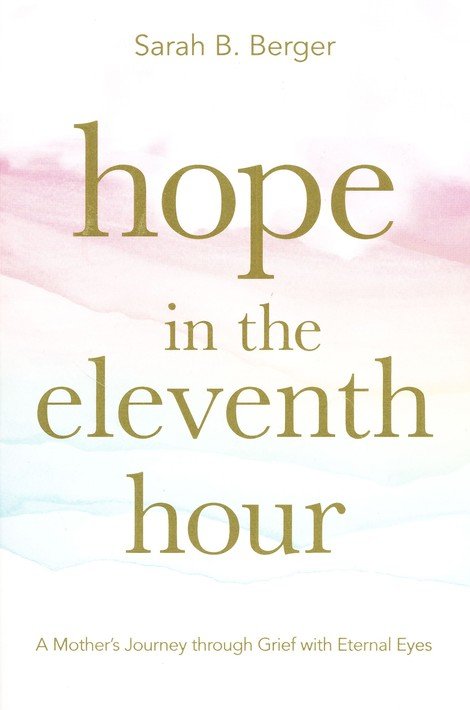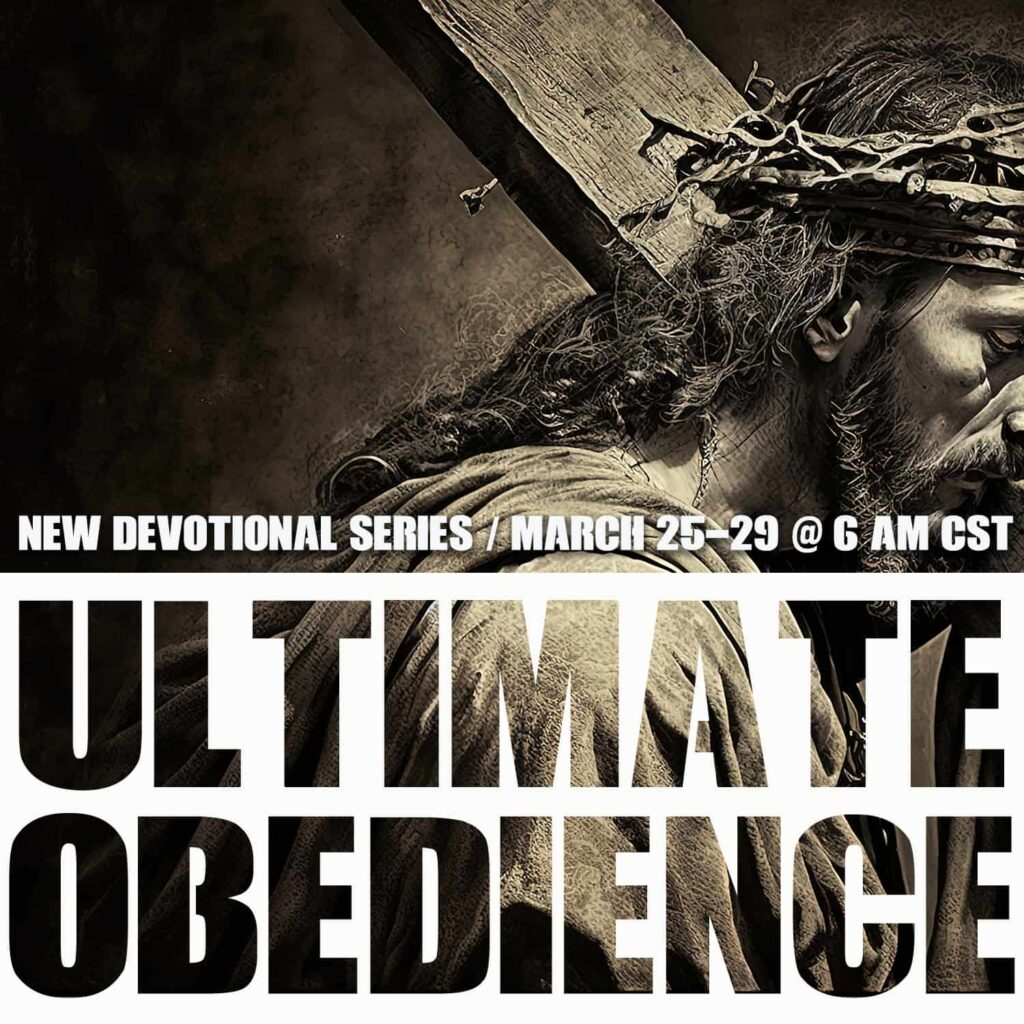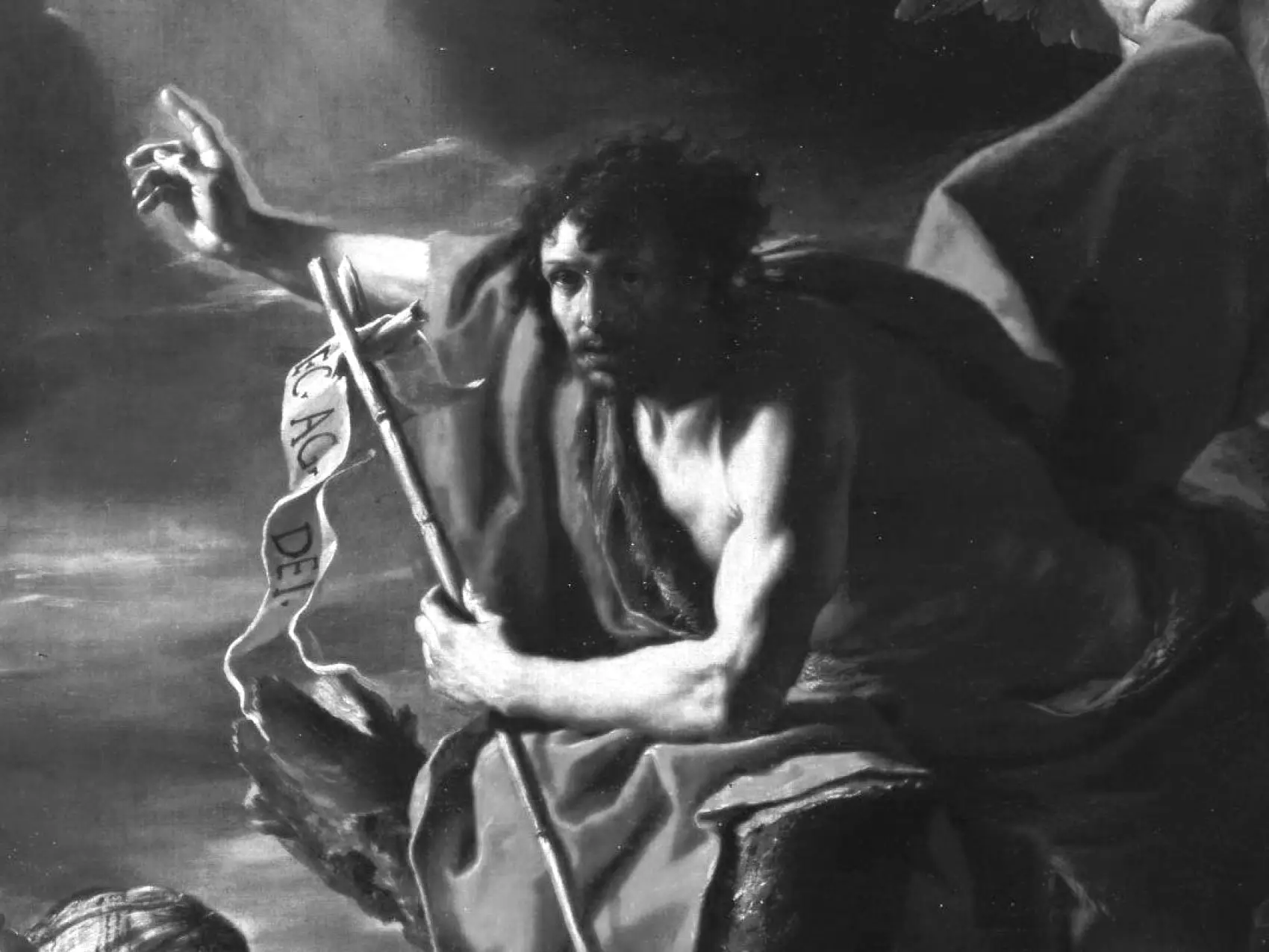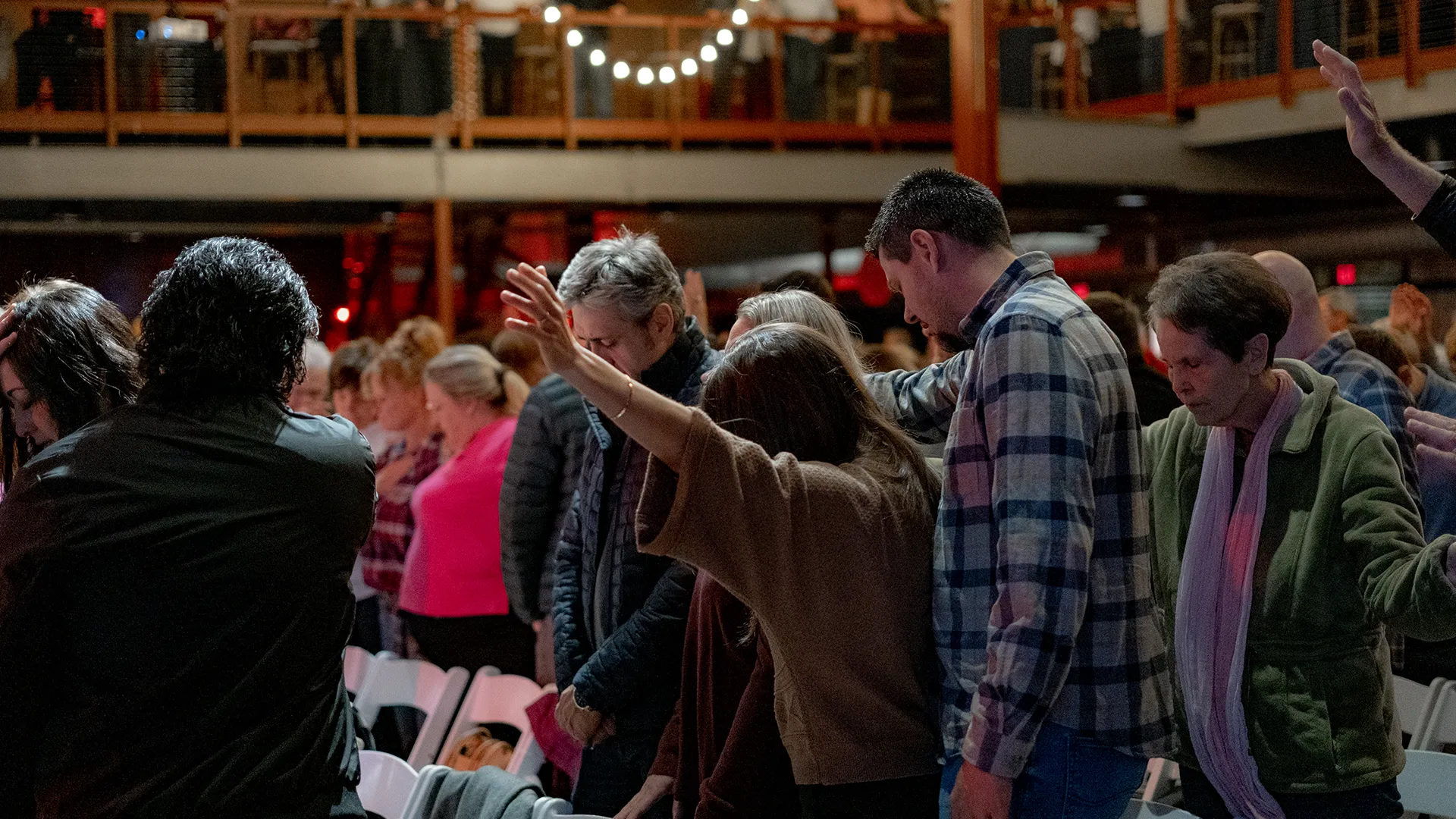John the Baptist began preaching when he was thirty years old, the typical age for men of
the times to enter ministry. Having heard his parents repeat the prophecies about him for his entire
childhood, having studied in the desert with the Essenes, and having read the Scriptures for
himself, John came out swinging.
The Jewish people were ripe to hear what John had to say. Harassed by the Romans and
disgusted with their in-name-only-Jewish king, Herod, the people desperately wanted change. And
until John began preaching, they had not realized that ‘change’ needed to start in their own hearts
before they would experience a change in anything external, including the political climate they
lived in.
John the Baptist was a fireball of a preacher. The roughly-dressed preacher in the
wilderness with no pre-sermon worship team attracted thousands of hearers—equivalent to what
some mega-churches see today. People traveled miles from home to hear him preach at the Jordan
River. Some came out of curiosity to see the fiery-talking weirdo, some came because they were
anxious to hear from a genuine prophet, and some came to try to catch him in blasphemy so they
could tattle to the synagogue on him. Matthew 3:5 says, “Then Jerusalem, all Judea, and all the
region around the Jordan went out to him.” ALL came. Thousands of people. Multitudes. John
achieved the ultimate earthly success: he was faithful to his calling, and he delivered God’s
message courageously.
It’s said that if you want to start a Revival, set the church on fire, and people will come to
watch it burn. And John did start a Revival among the people—as well as an upheaval in Herod’s
court. Yet, John wasn’t concerned about Herod’s misgivings; he continued to preach his message
courageously. His message was simple; in fact, it had only two points:
1) Repent (turn from sin and to God; change your thoughts and conduct)
2) The Kingdom of Heaven is at hand (it’s on its way)
The two points were connected by the word ‘for,’ or as we would say nowadays, ‘because.’
John said, “Repent, for [because] the kingdom of heaven is at hand!”
It may be difficult for people today to understand why John’s message of repentance was
so popular. It is, after all, it’s so…well, negative! But, John didn’t preach a prosperity gospel, and
he wasn’t an ear-tickler. The first part of John’s message demanded that people turn from their sins
and to God.
Turning from sin in John’s time, much like today, included everything from giving up their
dirty thoughts to giving up their means of earning a living. Under John’s preaching, prostitutes
repented, publicans stopped taking more taxes than they were entitled to, and soldiers quit taking
bribes. And they were publicly baptized into a new life!
John the Baptist brought the second part of his message, “For the kingdom of heaven is at
hand,” with a thundering urgency that brooked no dilly-dallying in the repentance department.
John pulled no punches; he spelled out exactly what people needed to do to show their hearts were
ready—that they were making way for the kingdom that was ‘at hand.’ Besides his instructions to
soldiers, prostitutes, and tax collectors, he told everyone who had an extra coat, or food to spare,
to give it to someone who had none. A few years later, one of the leaders of the young Messianic
church in Jerusalem would echo John the Baptist’s sentiments with, “Someone will say, ‘You have
faith, and I have works.’ Show me your faith without your works, and I will show you my faith by
my works (James 2:18).
Today, we can empathize with John’s first-century congregation that was disgruntled with
its government leaders. Just as they did back then, some of us today fear our government when we
see how its departments have been weaponized against those who speak out against wrongdoing.
John the Baptist’s unflinching courage in speaking truth to power cost him his head. He always
knew that was a possibility and did it anyway.
Most of us aren’t in a position to witness to “powerful” people, but we can all share John’s
imperative message of repentance with our family and friends. In watching the news of the war in
Israel for the past couple of weeks, we are more certain than ever that God’s Kingdom is indeed
at hand; He is coming soon.













